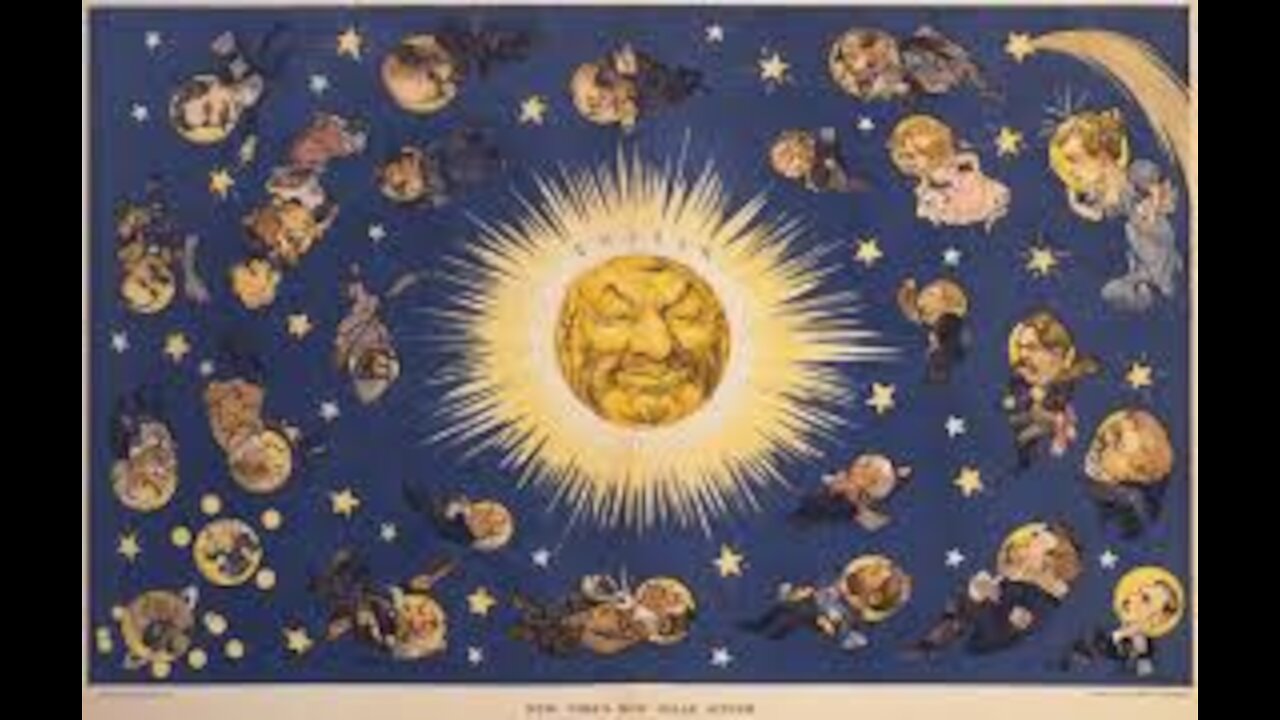Premium Only Content

Word of the Day : Alienist
Did You Know?
Alienist looks and sounds like it should mean "someone who studies aliens," and in fact alienist and alien are related—both are ultimately derived from the Latin word alius, meaning "other." In the case of alienist, the etymological trail leads from Latin to the French noun aliéniste, which refers to a doctor who treats the mentally ill. Alienist first appeared in print in English about mid-19th century. It was preceded by the other alius descendants, alien (14th century) and alienate (used as a verb since the 15th century). Alienist is much rarer than psychiatrist these days, but at one time it was a common term.
Build your vocabulary! Get Word of the Day in your inbox every day.
Your email address
Examples
"Enter two protagonists, also historical figures. One is the novelist Benito Pérez Galdós, 'the most famous Spanish writer whom many English-speaking readers may not know by name or reputation.' The other is the eminent alienist (as psychiatrists were then called) Luis Simarro." — The Kirkus Reviews, 6 Mar. 2020
"Medical professionals (the kind known as 'alienists' in the 1930s) have tried to improve the level of sunshine in M. Kinsler's life with one miracle cure or another. There are anti-depressants, and mood elevators, and serotonin re-uptake inhibitors, and all have side-effects." — Mark Kinsler, The Lancaster (Ohio) Eagle Gazette, 6 Oct. 2019
Alienist is an archaic term for a psychiatrist or psychologist. Despite falling out of favor by the middle of the twentieth century, it received renewed attention when used in the title of Caleb Carr's novel The Alienist (1994), and in the 2018 television series of the same name based on the novel. Although currently not often used in common parlance, the term "alienist" is still employed in psychiatric hospitals to describe those mental health professionals
-
 0:30
0:30
OddManOut
4 years agoWord of the Day : Regurgitate
227 -
 0:30
0:30
OddManOut
4 years ago $0.01 earnedWord of the Day : Deflagrate
1141 -
 0:29
0:29
OddManOut
4 years agoWord of the Day : Pandiculation
78 -
 0:30
0:30
OddManOut
4 years agoWord of the Day: Peccant
402 -
 0:39
0:39
OddManOut
4 years agoWord of the day Vanilla
151 -
 0:29
0:29
OddManOut
4 years agoWord of the Day : PREMEATE
101 -
 3:04
3:04
AFV
4 years agoBabies First Word
1.42K2 -
 1:21
1:21
KIVI
4 years agoRachel Garceau's Wednesday Weather Word: WIND
15 -
 1:24
1:24
KIVI
4 years agoRachel Garceau's Wednesday Weather Word: Vernal Equinox
19 -
 1:48
1:48
KIVI
4 years agoRachel Garceau's Wednesday Weather Word: Meteorological Spring
18